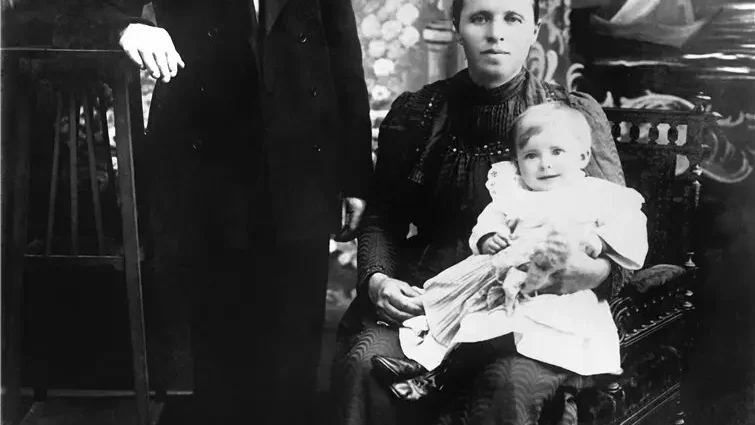Contents
- 10 Comes from a peasant family
- 9. First job – in a butcher’s shop
- 8. Nickname «Ariston»
- 7. Rich personal life: novels and marriages
- 6. Relationship with Isadora Duncan
- 5. Articles in newspapers about drunkenness and debauchery of the poet
- 4. Themes of the motherland and revolution in creativity
- 3. Songs based on the poet’s verses
- 2. The difficult, expressive nature of Yesenin
- 1. Controversy about murder and suicide
Sergei Yesenin is a talented Russian poet. His poems are very popular to this day. Even young people who are not at all interested in Russian literature have probably heard them in modern performance – songs.
Films are made about Sergei Yesenin, monuments to him are erected in many Russian cities. Numismatics, philately… His name is immortalized everywhere.
It is worth noting that he was not a “typical” poet of his time. Sergey could not decide on the genre for a long time. New peasant poetry, lyrics, imaginism… Neither in life nor in his work did he try to adhere to constancy.
Yes, Yesenin is famous not only for his poems, but also for his addiction to alcohol, debauchery and illogical actions. However, all great people behave strangely.
If you like the work of this poet and would like to know a little more about him, pay attention to our article. We present you a list of 10 interesting facts about Sergei Yesenin: a biography and briefly the most important stories from the life of a writer who fell in love with readers for his sincerity.
10 Comes from a peasant family
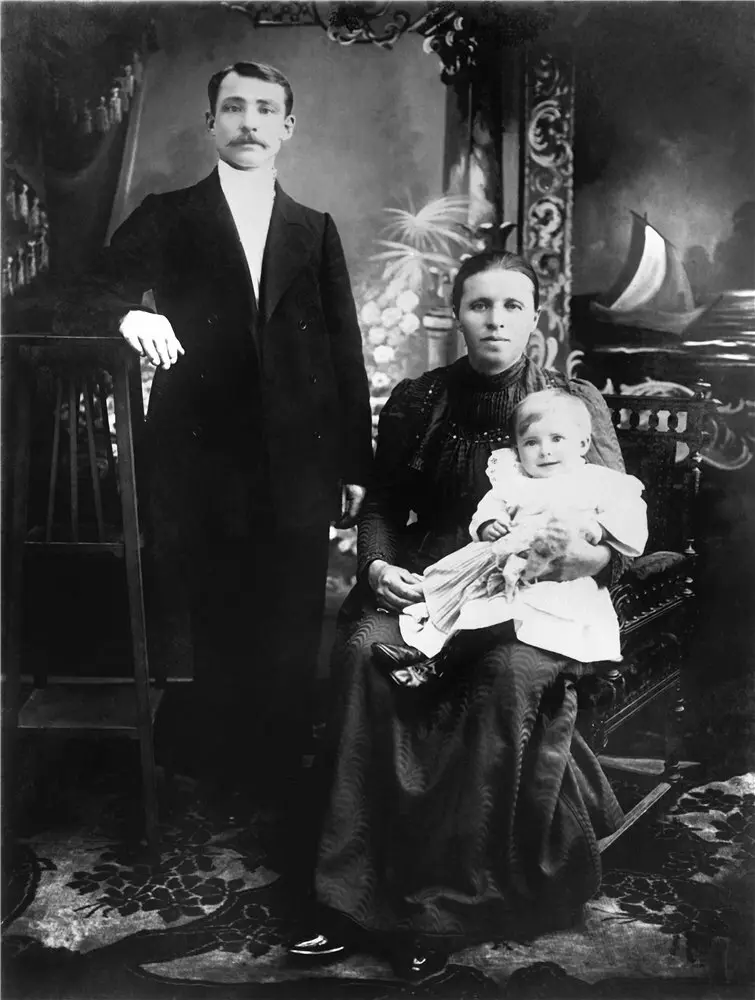
Yesenin’s homeland is the village of Konstantinovka, by the way, a very picturesque place. The boy was born into a peasant family. He had two sisters. Sergei was two years old when his parents quarreled a lot. For some time they lived separately, Yesenin spent all his childhood with his grandfather (by mother), who had a pretty good financial situation. He had three adult sons, “naughty and desperate guys.”
They devoted a lot of time to Sergei, and the poet later recalled them more than once. As a child, the boy did not differ in exemplary behavior, often participated in fights, performed various tricks.
9. First job – in a butcher’s shop
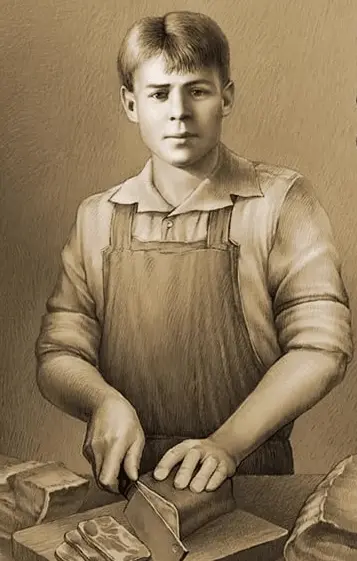
Sergei’s father worked in a butcher’s shop in Moscow, was a clerk. He did not come to his native village often, even after his marriage. At the age of 17, as soon as he graduated from school, Yesenin also moved to Moscow. He got a job in the same shop as an assistant to his father. He worked there for a short time.. After a conflict with his father, Yesenin went to the printing house.
8. Nickname «Ariston»
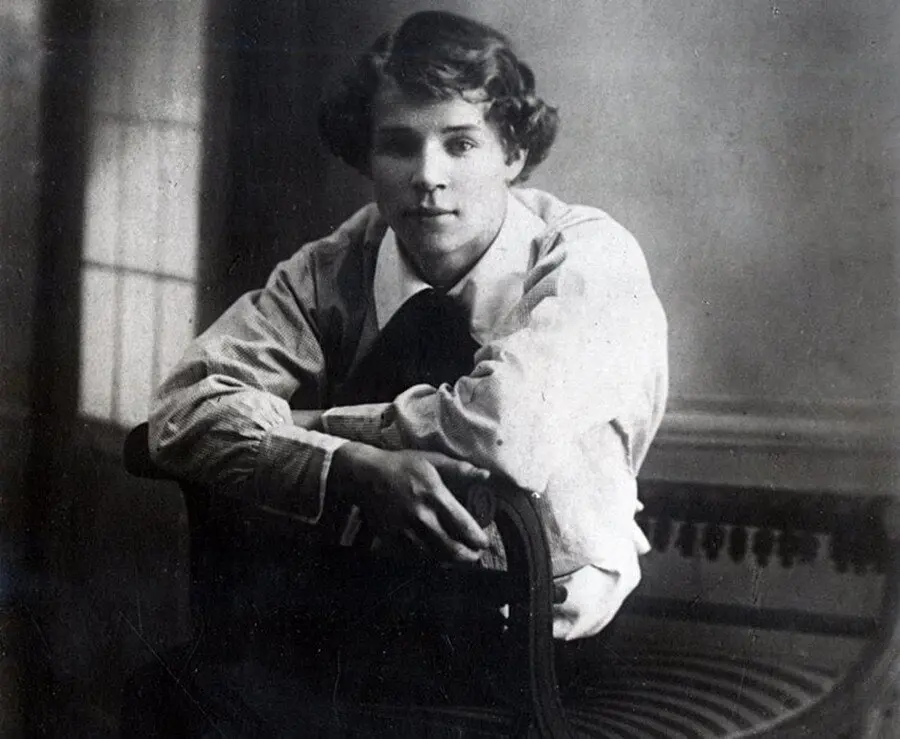
The first poem “Birch” was published in 1914. Magazine “Mirok”, pseudonym “Ariston”. Yesenin wrote that he became famous very quickly, and he was asked to write under his last name. Until 1955, no one knew that the “Birch” was Yesenin’s creation.
What did this sonorous pseudonym mean? Many associated it with the name “music box”. At that time, the mechanical winding instrument had just begun to spread. However, this version has not been confirmed, this is nothing more than an assumption.
7. Rich personal life: novels and marriages
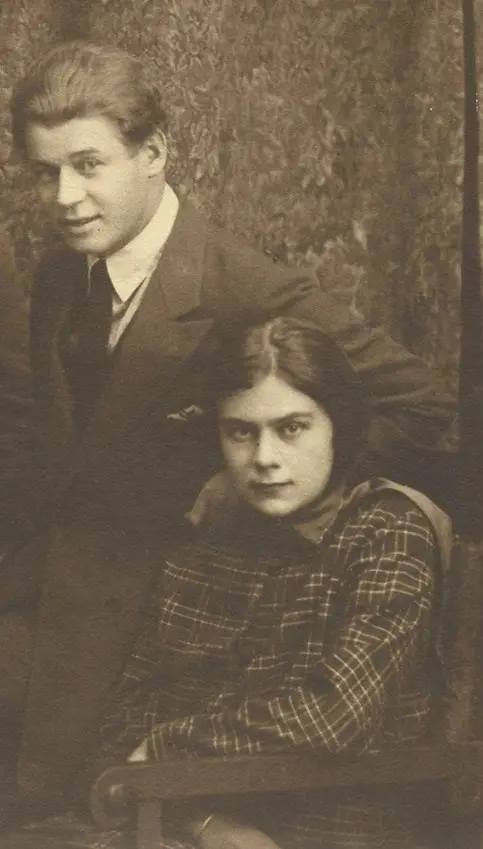
The personal life of the poet was very eventful. His first serious passion was Anna Izryadnova. They worked and studied together. Civil marriage, after the birth of his son, Yesenin left the family.
He soon married Zinaida Reich. In this marriage, the poet had two children, they also did not become an obstacle to divorce.
Second marriage to an American dancer Isadora Duncan lasted over a year.
His last wife was Sophia Tolstaya, granddaughter of Lev Nikolaevich. In this marriage, Yesenin also did not find happiness, he was short-lived.
In addition to official relations, Sergei had many fleeting novels. The list of his loves is quite impressive. The actress included Augusta Miklashevskaya, Nadezhda Volpina, the latter even had a son from Yesenin.
6. Relationship with Isadora Duncan
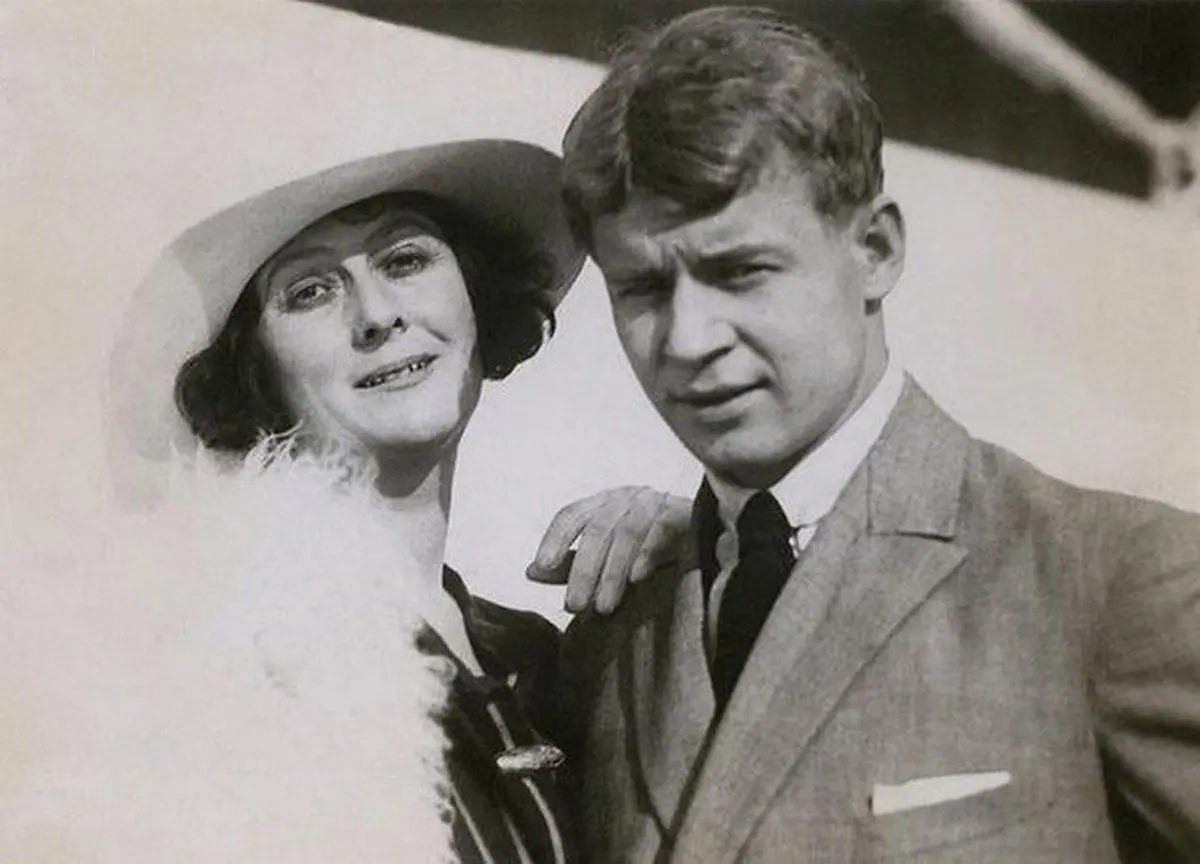
Perhaps the most striking relationship in the life of Sergei was an affair with Isadora Duncan. They met when a dancer from America came on tour to Russia. The language barrier did not become an obstacle. Isadora did not know Russian, Sergey did not know English. They were not embarrassed by the age difference, Duncan was 17 years older than her lover.
After they celebrated the wedding, the young went on a tour of Europe and the United States. Isadora worked, and Yesenin dreamed of showing the West, “what is a russian poet“. A little over a year later, they filed for divorce. The reason for the breakup is unknown. Two years after the divorce, Isadora died under tragic circumstances.
5. Articles in newspapers about drunkenness and debauchery of the poet
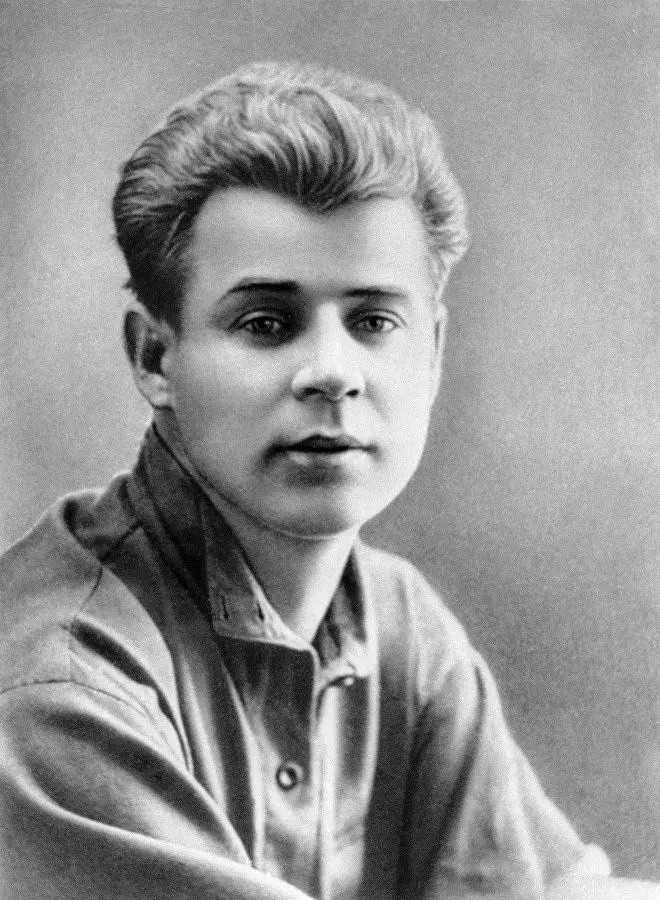
Yesenin never thought about his moral character. He enjoyed drinking, drinking, getting into fights, and doing many anti-social acts. It is not surprising that soon the first articles about Sergei’s inappropriate behavior appeared in the press. After a while, there were even more of them.
The poet was not afraid of criticism, he deliberately gave reasons: quarrels, fights, hooliganism. Maybe he liked “notoriety”? One way or another, Yesenin went too far. He even brought several criminal cases.
4. Themes of the motherland and revolution in creativity
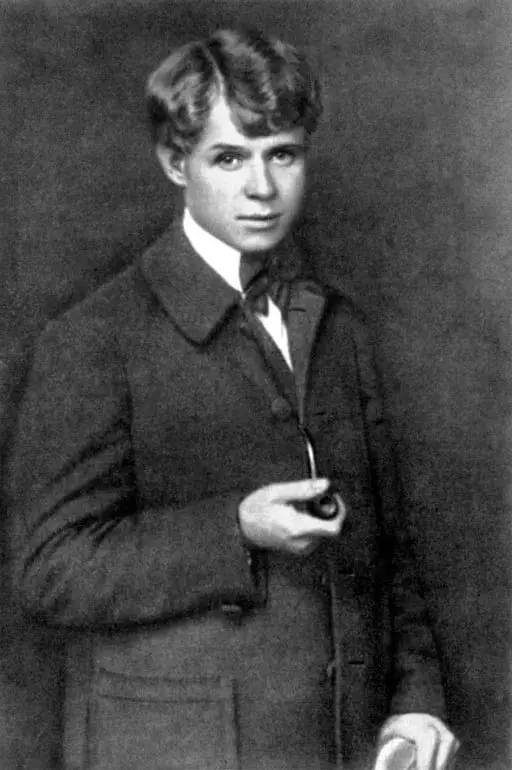
Already in his first poems, the poet touched on important topics: homelands and revolutions. “Birch”, “Blacksmith” – although Yesenin wrote a lot about his homeland, he never visited the village in which he grew up.
Of course, Sergei could not ignore the revolution. The events that took place in October 1917 made a great impression on him. He supported the revolutionaries, but from his peasant side.
The first work on this topic was the poem “Transfiguration”. “Jordan Dove”, “Heavenly Drummer” – these works are also dedicated to the revolution.
3. Songs based on the poet’s verses
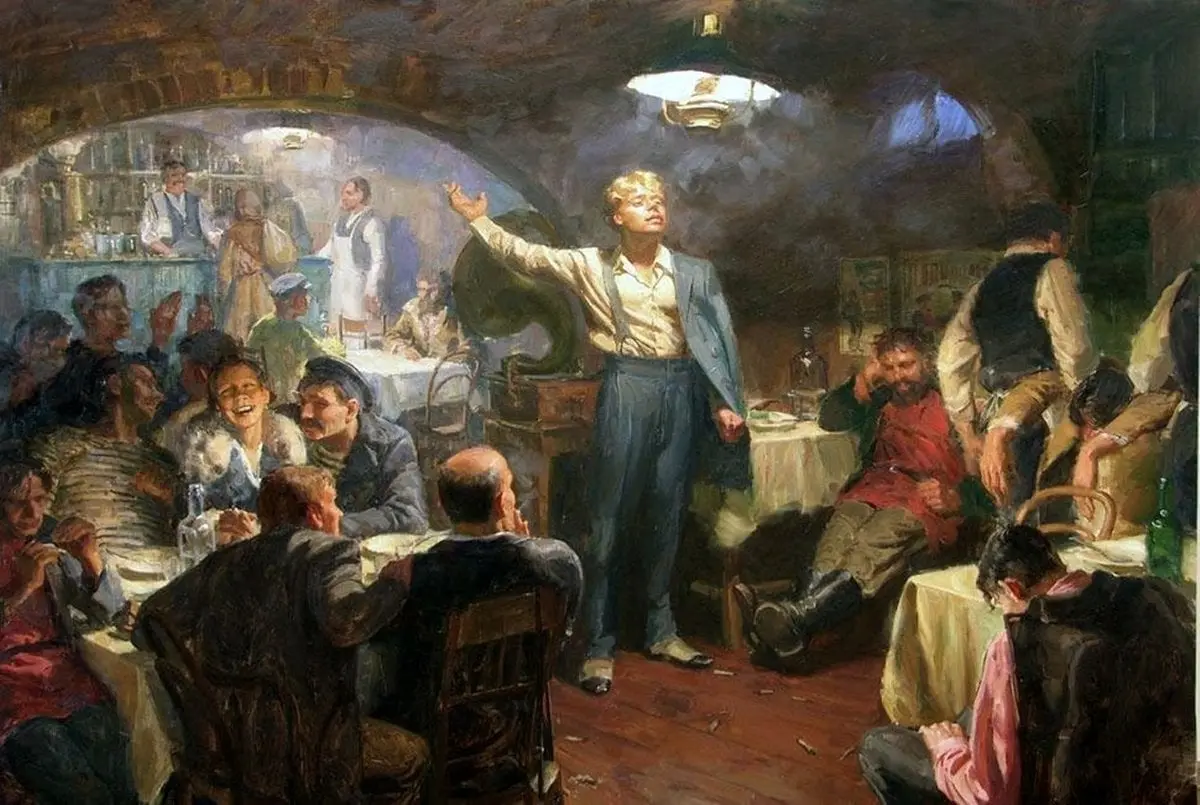
As noted at the beginning of the article, many of Yesenin’s poems began to be used for songs. One of the first was the poem “Letter to Mother”. It was to the liking of the composer Vasily Lipatov. The romance was performed by more than one Soviet singer.
Composer Grigory Ponomarenko also used Yesenin’s lyrics for romances. Alexander Vertinsky, Muslim Magomayev, Evgeny Martynov… The list goes on for a long time. Most Soviet performers sang songs based on Yesenin’s poetry with pleasure.
His work was in demand not only in Russia, but also abroad: Italy, Poland, Bulgaria. Modern performers also do not bypass his poems. Vika Tsyganova, Stas Mikhailov, Zemfira, Elena Vaenga, Nikita Dzhigurda… Sergey’s works sound even in the rock and rap genres: “Rock Syndrome”, Misha Mavashi, “The Way of the Sun”.
2. The difficult, expressive nature of Yesenin
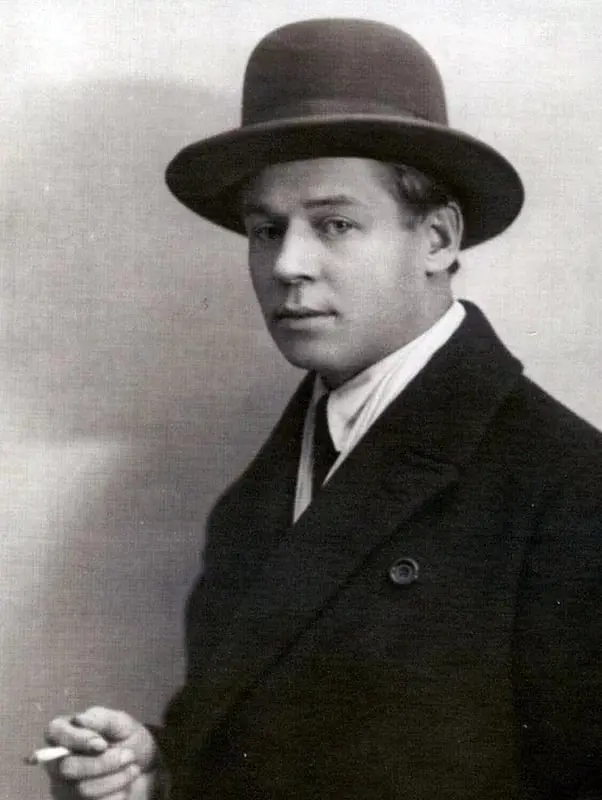
Sergei had a very complex character. Its main features: a tendency to rebelliousness, outrageous behavior, a heightened sense of justice. He did not want to put up with the circumstances and was ready to go against everyone.
This character was inherited by Yesenin. His mother and grandfather were also difficult people. Passion for alcohol is also a kind of protest. Yesenin saw what was happening with the country and he did not like it.
1. Controversy about murder and suicide
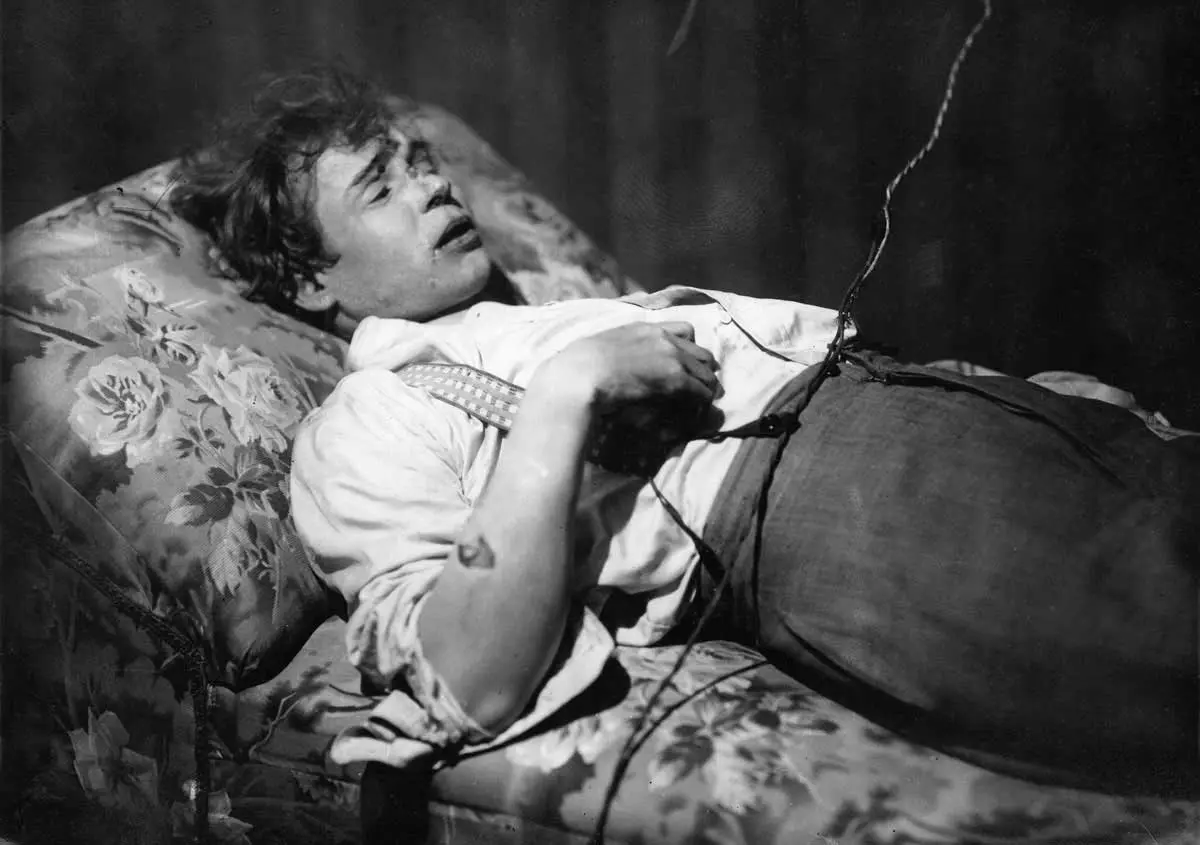
Sergey tried to commit suicide several times. The first attempt was made in 1913. It is still unknown under what circumstances the poet died: they killed him or he left voluntarily.
In 1925, the poet was found in a room at the Angleterre Hotel. He hanged himself. Around his neck was a noose made from a torn sheet. Everyone was sure that Yesenin had committed suicide. His mental state was unstable. A week before this event, he was discharged from a psycho-neurological hospital.
In the 70s and 80s, another version arose. Colonel Eduard Khlystalov believed that this was the work of a special political organization, the state security structure of the USSR (OGPU). This version was considered unconvincing, although even posthumous photos show that the poet was severely beaten. Unfortunately, now it is hardly possible to find out the truth.










